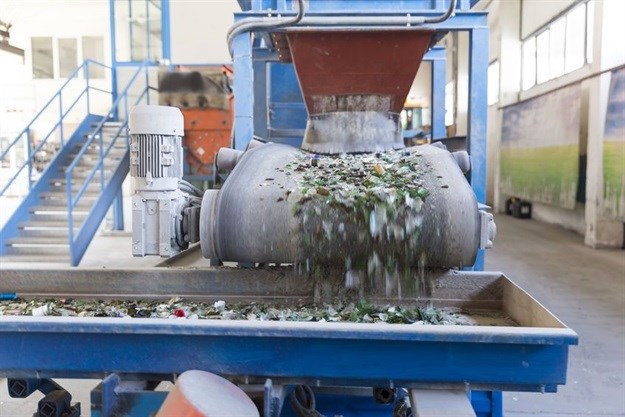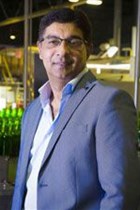
Top stories





Marketing & MediaAds are coming to AI. Does that really have to be such a bad thing?
Ilayaraja Subramanian 19 hours

More news
















A remarkable fact is that 86% of all glass packaging used in South Africa annually is prevented from entering landfill through the dual efforts of recycling and the use of returnable or refillable bottles. Through the returnable system in conjunction with recycling, glass is the packaging type that is most diverted from landfill in our country. The Glass Recycling Company looks at eight key factors impacting on recycling successes in SA.
Currently, South Africa does not have punitive mandatory legislation in place which makes separation of recyclables at source (where recyclable material, which includes glass, paper, metal and certain plastics, is separated from the waste stream) in homes, offices, restaurants and bars compulsory. Mandatory separation at source in SA will ensure greater recycling success in years to come.
In many developing countries like ours, an informal ‘collector market’ has evolved; this informal market has also developed in Brazil and India amongst other nations. Recyclables are collected by individuals in order to generate a source of income. This includes individuals who both collectively or independently retrieve recyclables from home or business waste and sell these recyclables to buy-back centres. These are community-based multi-recycling centres that buy recyclable waste such as paper, plastic, cans and glass from collectors and then sell it on to packaging manufacturers.
Based on independent research, approximately 50,000 South Africans earn an informal source of income from collecting waste glass and selling this valuable packaging to entrepreneurial buy-back centres.
South Africa has one of the most efficient returnable bottle systems in the world spearheaded by our beer, wine and spirit manufacturers. These returnable glass bottles are sent back to the beverage manufacturers to be sterilised, inspected and refilled, making each glass bottle achieve numerous trips. Returnable bottles include large beer bottles such as beer quart bottles, glass soft drink bottles and many commonly used spirit and liquor bottles.
Current studies show that several mature economies are experiencing a decline in the use of returnable bottles, the perceived inconvenience of returnable bottles is cited as the main reason for the current downturn, however many South African’s often prefer returnable bottles.
A carbon-friendly trend is closed-loop recycling. Glass, for example, fully meets the formal definition of a closed loop system, i.e. bottle-to bottle recycling – whereby material is recycled into the same product (i.e. a bottle becomes a new bottle or jar). As glass can be infinitely recycled without ever losing its clarity or purity, bottles and jars manufactured in South Africa contain at least 40% recycled glass.
Recycling glass has huge environmental benefits; it saves landfill space, saves raw materials, lessens demand for energy, and reduces CO2 emissions.
As a result, the maximum environmental benefits are achieved in South Africa. While in the UK, less than one third of the glass recycled is used to manufacture new containers and the full impact of the environmental benefits from bottle-to-bottle recycling are not realised. Recycling glass also helps to minimise additional negative environmental impacts.
Manufacturers are certainly assisting in diverting waste from landfill. Consol Glass and Nampak Glass have both invested significantly in the development of high level cullet processing plants; these include the presence of advanced technology meaning that consumers do not need to sort glass into its three primary colours (brown, green or clear) as this is done at the processing plants by means of optical sorting. This indicates their commitment to making recycling simple in order to encourage recycling in South Africa.
With the future of our country in the hands of our youth, it is vital to build enthusiasm amongst the youth regarding recycling and green behaviours. We need to encourage young consumers to ‘recover, reuse and recycle’. Many brands are trying to encourage this, however there is certainly space to do more. Recycling brands often run campaigns and competitions to encourage recycling in schools. The Glass Recycling Company (TGRC) hosts annual school competitions to motivate collection of high quantities of glass and more importantly to inculcate recycling behaviour from a young age.
As South Africans are becoming increasingly environmentally conscious and responsible, the demand for recycling points has increased. TGRC now has more than 4,000 glass banks located nationally, which makes it easier for the public to recycle their glass.
Members of the public who wish to find a glass bank can do so on TGRC’s website, www.tgrc.co.za.
